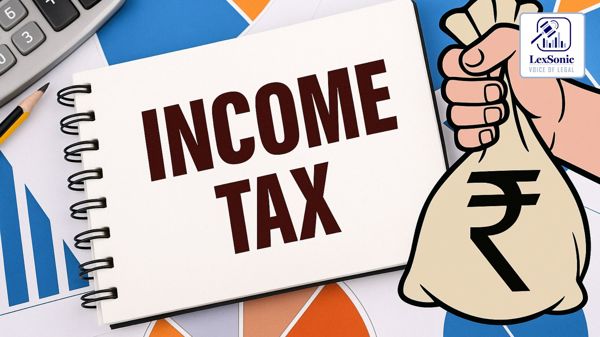Navigating the Tax Maze: A Landmark Case on Reassessment and Transaction Validity.
22 April 2024
Income Tax >> Tax Laws
In a significant legal development of M/s. S.V. Jadhav, Fort Area Miraj, Sangli v/s The Income Tax Officer Ward 1, Aaykar Bhawan, Sangli & Others, a partnership firm specializing in government contracts, particularly in water supply schemes, recently contested an order from the Income Tax Department that sought to reassess its income for the Assessment Year (AY) 2019-20. This case highlights crucial issues surrounding the issuance of reassessment notices and the verification of the genuineness of business transactions.
Background:
The petitioner, engaged in the construction of elevated service reservoirs and laying of water pipelines, filed its return of income on September 12, 2019, declaring an income of Rs. 1,45,78,825. However, the firm later received a notice under Section 148A(b) of the Income Tax Act on March 23, 2023, indicating that substantial transactions had been identified that suggested income might have escaped assessment.
The notice cited information from the Income Tax Department's Insight portal, specifically detailing large payments made to contractors. In response, the petitioner submitted a detailed reply, asserting that all income from these transactions had indeed been accounted for in their returns.

The Impugned Order:
On April 21, 2023, the Assessing Officer (AO) issued an order under Section 148A(d), stating that while the reported transactions were acknowledged as accounted for, concerns arose regarding subcontracting work done for a specific contractor, Prathmesh Constructions. The AO referred to a search action under Section 132 of the Act conducted on Prathmesh Constructions and suggested that the genuineness of the subcontract transactions needed further verification.
Despite acknowledging that the income from the initial transactions had been reported, the AO expressed belief that income amounting to Rs. 25,25,57,767 from these subcontracting arrangements had escaped assessment, prompting the issuance of a notice under Section 148 of the Act.
Legal Examination:
In challenging the order and notice, the petitioner argued that the AO's reasoning amounted to an unjustified fishing expedition rather than a legitimate inquiry. The court echoed this sentiment, emphasizing that reassessment proceedings should be grounded in concrete evidence rather than suspicion. It was noted that the AO had effectively accepted that all relevant transactions had been duly reported, thereby undermining the basis for further inquiry.
The court referred to established legal precedents, asserting that the AO cannot independently pursue new lines of inquiry after accepting the petitioner’s explanations. Furthermore, the Principal Commissioner of Income Tax's approval of the AO's recommendations was deemed mechanical, lacking thorough consideration of the facts.
Conclusion:
Ultimately, the court ruled in favor of the petitioner, quashing the impugned order and notice. This case serves as a critical reminder of the principles governing tax reassessment, particularly the need for substantiated claims of income escapement. It underscores the importance of due diligence by tax authorities in verifying the genuineness of business transactions without resorting to unfounded suspicions. As tax regulations continue to evolve, this case stands as a noteworthy reference for future assessments, illustrating the delicate balance between regulatory scrutiny and the rights of taxpayers.
